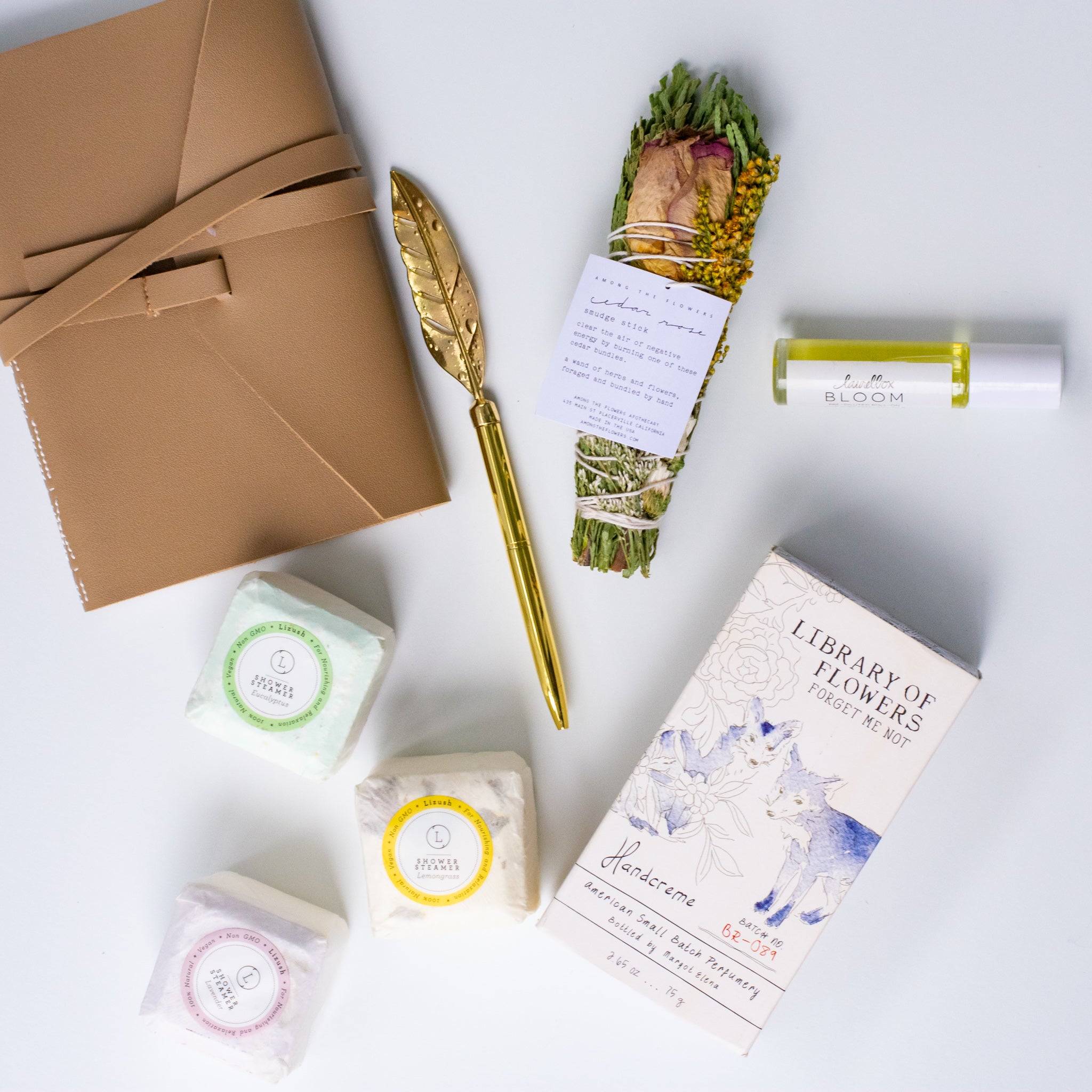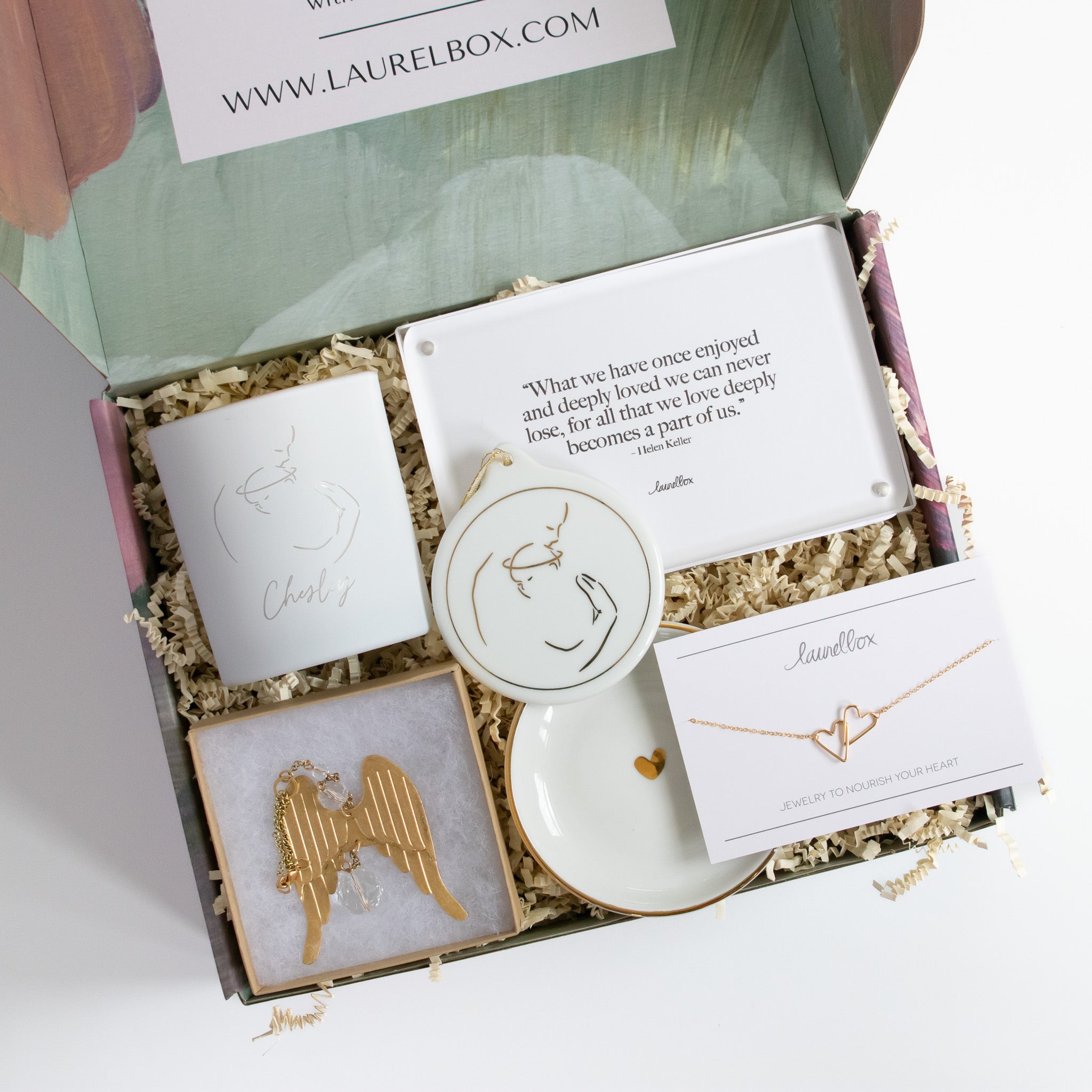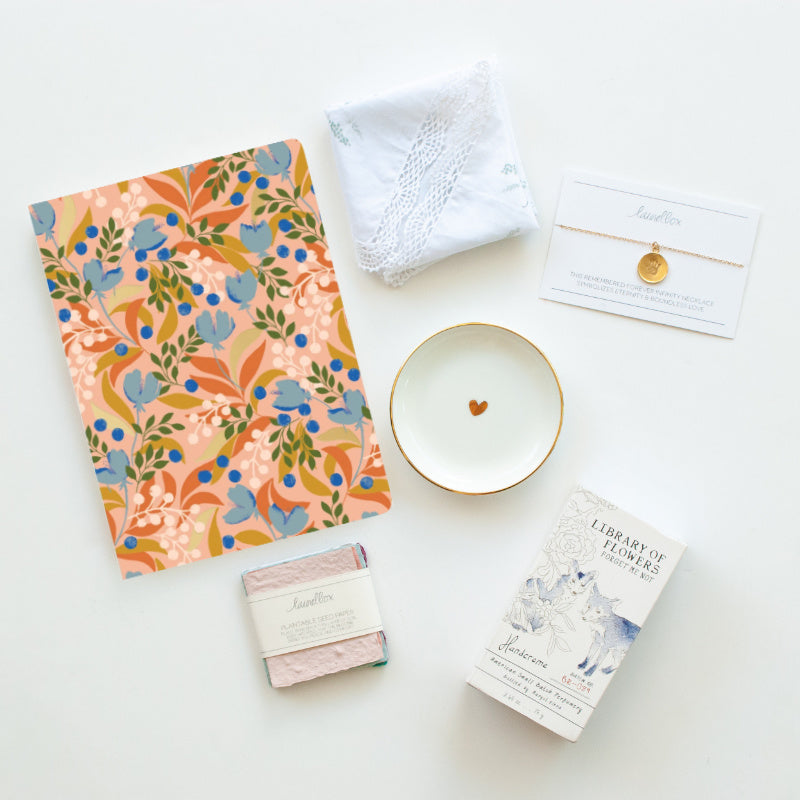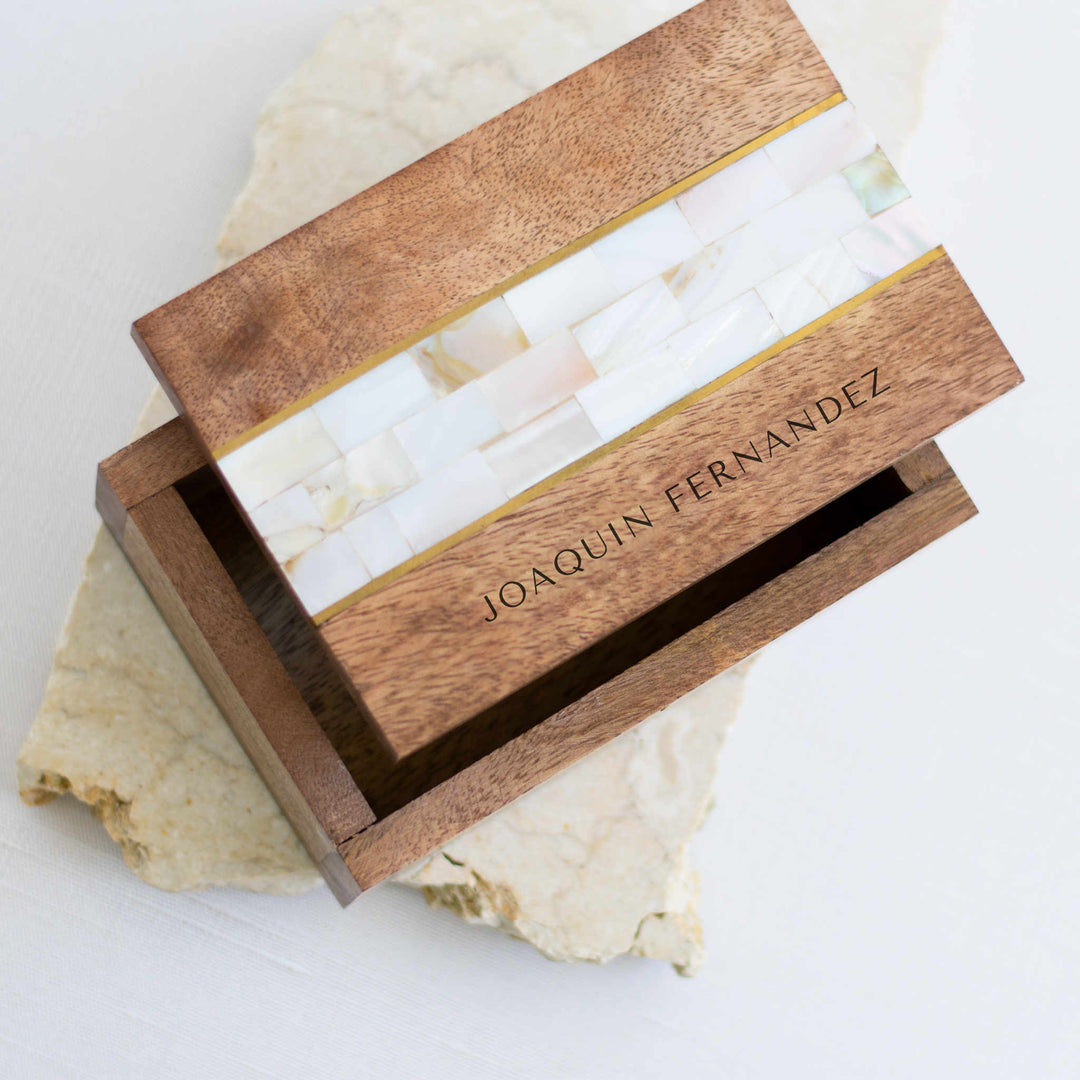Angie Smith
It’s hard to believe it has been almost nine years since I kissed my daughter goodbye.
At the halfway mark of my pregnancy, we were told she couldn’t survive outside of my body, but we wondered if the Lord might have another plan. As the weeks passed, I found myself vacillating between tender hope and crippling sadness. She kicked to the sound of my voice and wiggled at certain foods. I studied her patterns; I knew her.
The truth of the matter is that I was her mother the moment I saw two lines on a grocery store pregnancy test.
I talked to her while I did laundry, while I made dinner, while I tucked my three girls into bed.
Our family prayed together, 50 fingers braided together while the sun fell down each night, asking for a miracle. Many, many moons soared above our house in the time of waiting, none without the sound of our cries to Jesus.
“Let her live, Lord.”
Appointment after appointment, they said the same: “It isn’t to be.”
How do you find the space between wild hope and acceptance of reality? I suppose when it comes down to it, there isn’t actually a difference. We live with both the wildest of hopes and the settled acceptance of our reality because we know that they both find their roots in the God who brings the sun underneath the trees and the moon above our houses while our fingers are looped in prayer.
In the end, I never got to rock her in the chair with the green cushions — the one I had held my other daughters in as infants. I don’t get to see her giggling at her favorite movies or trying to catch my eye in a crowded room just to wave at me. I don’t know what her first word would have been or the boy who would have broken her heart. I visit her only in the cemetery — the place where all the possibilities are too deep for me to reach.
I’ve had another daughter since Audrey; a red-headed, wide-smiling, constantly singing, deeply feeling miracle of a child. Her name is Charlotte, and she is the youngest of five girls. Yes, I always say five. I am no less a mother to Audrey even though the soil and the sacred separate us for now.
Because as much as I longed for the rocking chair and all the life we would have shared, that isn’t what makes me her mother. From before the beginning of time, God set her apart to be my daughter. And she is. She will always be.
In Scripture, we meet one of the most inspiring mothers imaginable, and her story has spoken to me many times when I don’t know how to define “motherhood” in the ways that the rest of the world does. Jochebed, the mother of Moses, kept him hidden as long as she could because Pharaoh had issued a law to kill all Israelite babies by drowning them. She tucked him away until she could no longer safely keep him from being discovered, and then she put him in a basket of papyrus and sent him down a river, praying for his safety. The story takes a beautiful turn as Moses is discovered by Pharaoh’s daughter and returned to Jochebed to be nursed until it was time for him to be weaned.
She did, and then she brought him back to the woman who would raise him. Moses would grow to be one of the most powerful men in Egypt and a man who loved God all of his days. He was one of the greatest heroes of the Old Testament and had the mark of God on his life in ways that were unmistakable. And though he wasn’t with her, Jochebed was his mother.
Unlike Jochebed, I didn’t get to watch Audrey’s life from afar, marking her accomplishments and adventures in my mind while pride swelled over the knowledge that she had grown inside me.
Unlike Jochebed, the papyrus basket that was set in the water never returned to me.
But she and I — we are mothers all the same. And when I read her story, I find myself beside her on the riverbank with the millions of other women who wanted nothing more than for the tide of God to carry them back to us.
The Lord never asks us to understand all of His ways; in fact, He urges us to remember we were not created to do so. I won’t pretend to know why she died. But even in my darkest moments — the times when I still cry out to Him over the loss — there is a whisper that rises up into a praise.
She is Yours, Father.
Thank you for allowing her to be mine as well.
And until the water brings me to her, I will wait in the tender hope.







